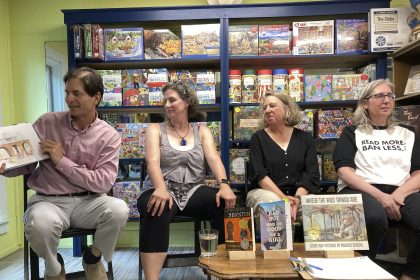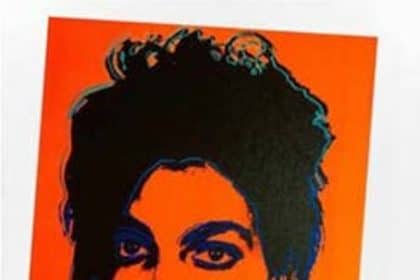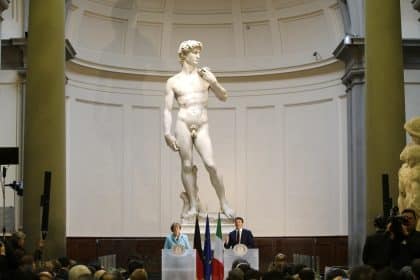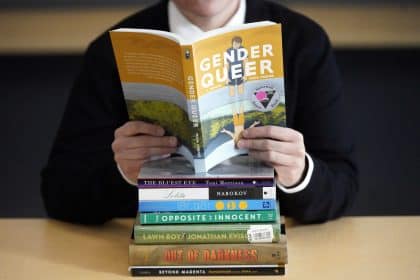Devastation of the Arts Caused by COVID-19 Pandemic
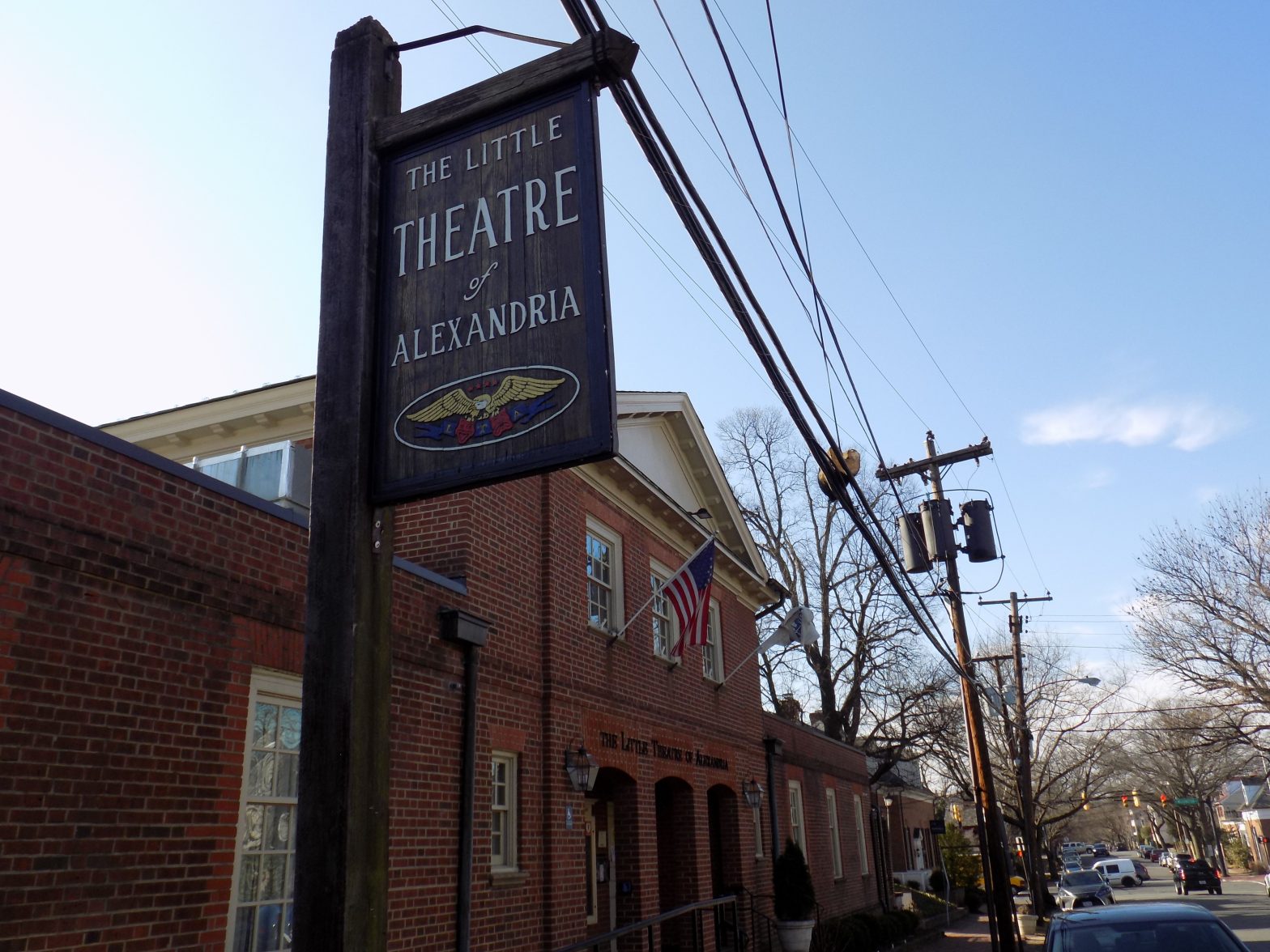
WASHINGTON — No one at a congressional hearing Thursday doubted the arts and humanities suffered severely during the COVID-19 pandemic.
The question was how much longer the government should continue to bail them out with financial rescue grants.
“We know that because of COVID-19, the arts have lost $15 billion in activity,” said Rep. Betty McCollum, D-Minn., who described herself as a supporter of the arts.
She and other members of the House Appropriations subcommittee on the interior, environment and related agencies asked leaders of arts and humanities organizations what they need to help them survive “through these tough times.”
As the federal government declared an emergency a year ago, a long list of museums nationwide closed their doors, led by New York’s Metropolitan Museum of Art on March 12. The same day, the Broadway League announced that all Broadway theaters would halt their performances until reopening was deemed safe.
Days later, the American Library Association “strongly recommended” that all academic, public and school libraries close.
Major cinema chains, such as AMC Theatres, announced they also were temporarily shutting down. To a certain extent, they were forced to reduce operations as the production and release of many films was suspended. The film industry estimates its losses will reach $20 billion worldwide by April of this year.
As their losses mounted, arts and humanities groups pleaded with Congress and state governments for assistance.
In one example, the American Alliance of Museums asked the federal government for $4 billion for at-risk museums.
The federal government responded, but with much more modest funding levels in the $2 trillion economic stimulus package, called the Coronavirus Aid, Relief and Economic Security Act, approved in late March 2020.
It included $75 million for the National Endowment for the Arts, $75 million for the National Endowment of the Humanities and $50 million for the Institute of Museum and Library Services. Each of the organizations was authorized to pass on the money as grants to struggling arts and humanities groups.
Several arts executives said at the House hearing Thursday that although the pandemic is subsiding, the economic devastation for them could last years.
“There is a concern about how quickly our audience will come back,” said Deborah Lenk, director of the Tacoma, Wash.-based Museum of Glass.
The lawmakers wanted assurances that the arts organizations will become financially self-sustaining rather than reaching out on a persistent basis for government handouts.
“The money that we’ve appropriated for these efforts, although I support it, we also have to recognize that it’s unsustainable,” said Rep. Chris Stewart, R-Utah. “At what point do we say, I think we’ve spent too much.”
Rep. Marcy Kaptur, D-Ohio, referred to arts and humanities workers when she said, “They are beautiful people but they are not necessarily business people.”
Ulysses Slaughter, project manager of Chester Made, a program of the Pennsylvania Humanities Council to promote arts and culture in Chester, Pa., said many artists or performers know how to make art but don’t understand how to advertise and sell it.
“We’re trying to build a continuity here that says build, promote, sell,” Slaughter said.
Kathleen Mundell, a cultural resources director for the Maine Arts Commission, talked about the need to teach marketing skills to artists.
“To be a practicing artist today, you have to have these other skills as well,” she told the subcommittee.


















